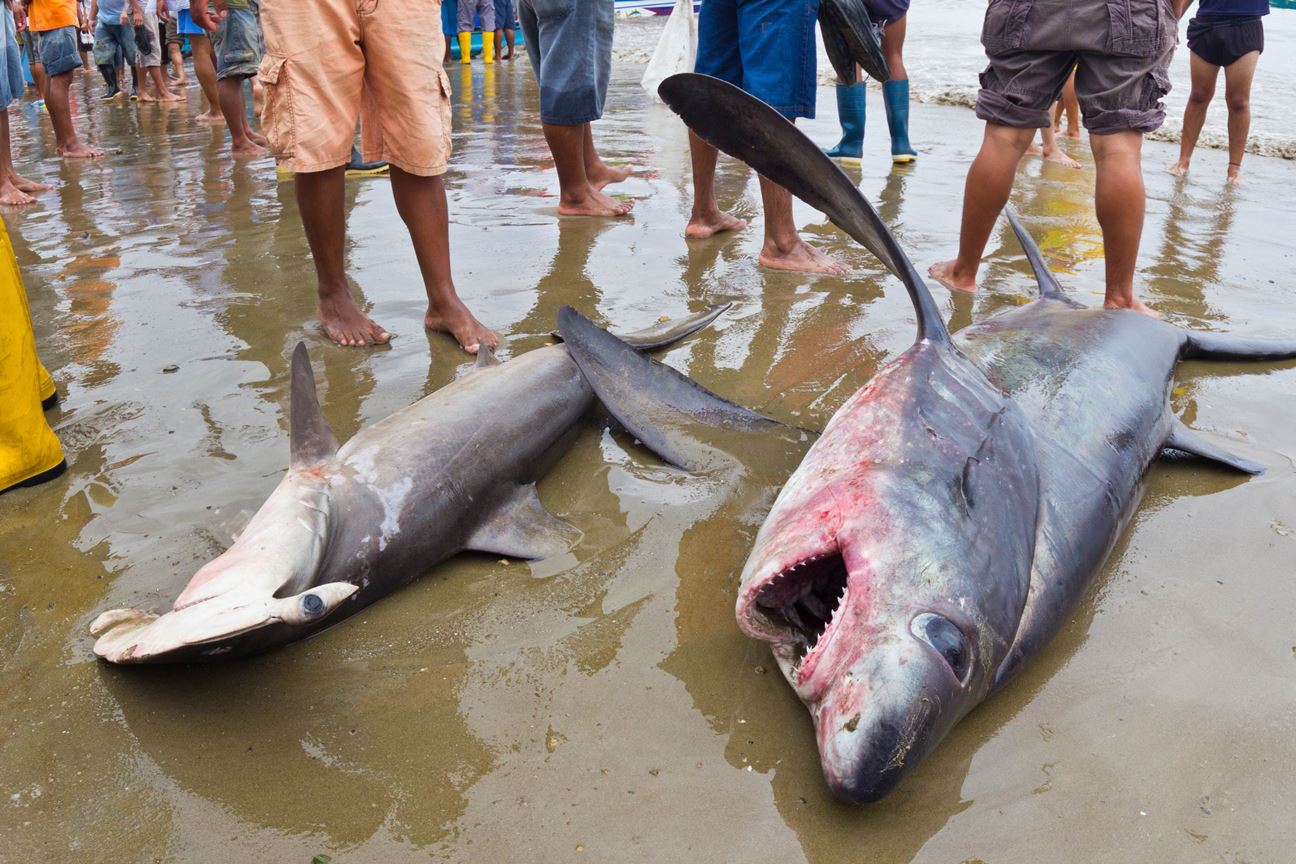Between 2012 and 2019, data on shark deaths caused by fishing indicates an increase from 76 million to 80 million annually. Despite a tenfold rise in legislation aimed at protecting sharks from finning during this period, researchers emphasize the urgent need for additional measures to safeguard threatened species.
A study published in the journal Science on January 11 revealed that an estimated 80 million sharks are perishing in fisheries each year, with over 30% of these deaths affecting threatened species. The research involved a comprehensive analysis of fisheries data from 150 countries, encompassing both coastal and high-seas regions. The study utilized computer modeling and interviews with various experts, including scientists, government officials, environmental advocates, and fisheries workers.
Lead author Boris Worm, a marine ecologist at Dalhousie University in Canada, emphasized the scale and proactive approach of their investigation. Despite the global regulations introduced to curb shark finning, the study uncovered an increase in annual shark mortality from 76 million in 2012 to over 80 million in 2017.
Sharks face significant threats from overfishing, often targeted for their fins or accidentally caught as bycatch. Contrary to expectations, the study revealed that anti-finning legislation did not reduce shark deaths and might have even contributed to an increase. Mortality hotspots in coastal waters saw a 4% rise in shark deaths, potentially driven by the retention of entire sharks due to finning regulations, leading to new markets for shark meat.
The surge in shark mortality coincided with a rise in the value of the shark trade, estimated at $2.6 billion according to a WWF report covering the same period. Offshore fisheries showed a 7% decrease in shark deaths, possibly influenced by regulations prohibiting the retention of certain species onboard.
To address the escalating issue, researchers advocate for measures targeting overall mortality, such as the prohibition of shark fishing, enforcement of science-based catch limits, protection of critical areas, and highlighting the value of live sharks. The study underscores the global extent of the shark market, encompassing both fins and meat. Individuals can contribute to shark conservation by being mindful of their choices, such as refraining from purchasing shark-related souvenirs, avoiding shark consumption (which may be mislabeled), and steering clear of cosmetics containing shark-derived squalene.
In conclusion, the researchers stress that the problem is solvable but requires immediate attention, as sharks are running out of time.





